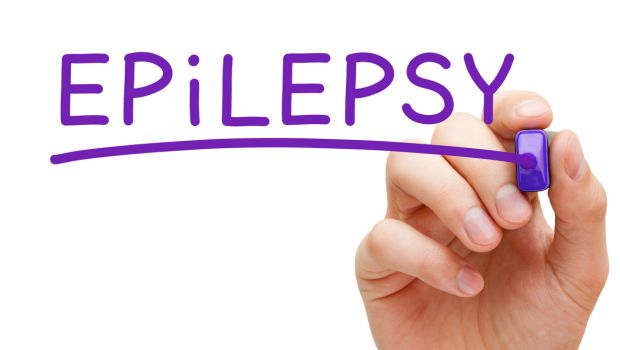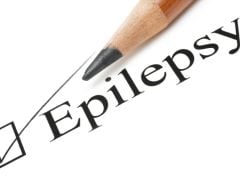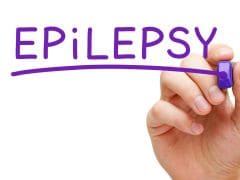International Epilepsy Day 2024: Here we utilise this day by discussing the many myths that surround this condition.

International Epilepsy Day 2024: Promoting accurate knowledge helps to combat social stigma
International Epilepsy Day is a global awareness campaign held annually on the second Monday of February. It was initiated by the International Bureau for Epilepsy (IBE) and the International League Against Epilepsy (ILAE) to promote awareness and understanding of epilepsy worldwide. In this article, we utilise this day by discussing the many myths that surround this condition.
Here are 10 common myths regarding epilepsy:
1. Myth: Epilepsy is a mental illness.
Fact: Epilepsy is a neurological disorder characterised by abnormal brain activity, not a mental illness.
2. Myth: People with epilepsy have intellectual disabilities.
Fact: Epilepsy does not cause intellectual disabilities. However, in some cases, certain epilepsy syndromes can be associated with cognitive impairments.
3. Myth: All seizures are the same.
Fact: There are many different types of seizures, ranging from brief moments of altered consciousness to convulsions. Each individual with epilepsy may experience a unique combination of seizure types.
4. Myth: Seizures are always preceded by an aura.
Fact: While some people with epilepsy experience a warning sign or aura before a seizure, many others do not. Auras are not a universal occurrence.
5. Myth: Epilepsy is contagious.
Fact: Epilepsy is not contagious. It cannot be spread through contact or by being close to someone with epilepsy.
6. Myth: People experiencing a seizure should be restrained or have something placed in their mouth.
Fact: Restraint or inserting an object in the mouth during a seizure is unnecessary and potentially harmful. It is best to move objects away from the person and provide a safe space until the seizure ends.
7. Myth: Epilepsy can be completely cured with medication.
Fact: While medication can often control seizures, there is no guarantee that it will fully eliminate them. Furthermore, not everyone with epilepsy is responsive to medication, and other treatment options may be necessary.
8. Myth: Seizures are caused by flashing lights.
Fact: Only a small percentage of individuals with epilepsy have seizures triggered by specific light patterns or stimuli. This condition is known as photosensitive epilepsy.
9. Myth: Epilepsy only affects children.
Fact: Epilepsy can develop at any age, including in adulthood. It is not solely a childhood disorder.
10. Myth: People with epilepsy are unable to live normal, fulfilling lives.
Fact: With proper management and treatment, people with epilepsy can lead full and productive lives. Many individuals with epilepsy successfully pursue education, careers, and personal goals.
These myths are perpetuated due to various reasons such as lack of awareness, societal stigma, cultural beliefs, and misinformation. It is crucial to debunk these myths and disseminate accurate information about epilepsy.
Incorrect beliefs about epilepsy can lead to isolation, discrimination, and prejudice towards individuals with the condition. Promoting accurate knowledge helps to combat social stigma. By dispelling misconceptions, society becomes more inclusive, allowing individuals with epilepsy to participate fully in education, employment, and other activities without discrimination.
Having correct knowledge about epilepsy is vital in fostering a compassionate and informed society that supports those living with the condition. It helps to break down barriers, challenge stereotypes, and ensure that individuals with epilepsy are treated with dignity, respect, and equality.
Disclaimer: This content including advice provides generic information only. It is in no way a substitute for a qualified medical opinion. Always consult a specialist or your own doctor for more information. NDTV does not claim responsibility for this information.
DoctorNDTV is the one stop site for all your health needs providing the most credible health information, health news and tips with expert advice on healthy living, diet plans, informative videos etc. You can get the most relevant and accurate info you need about health problems like diabetes, cancer, pregnancy, HIV and AIDS, weight loss and many other lifestyle diseases. We have a panel of over 350 experts who help us develop content by giving their valuable inputs and bringing to us the latest in the world of healthcare.














